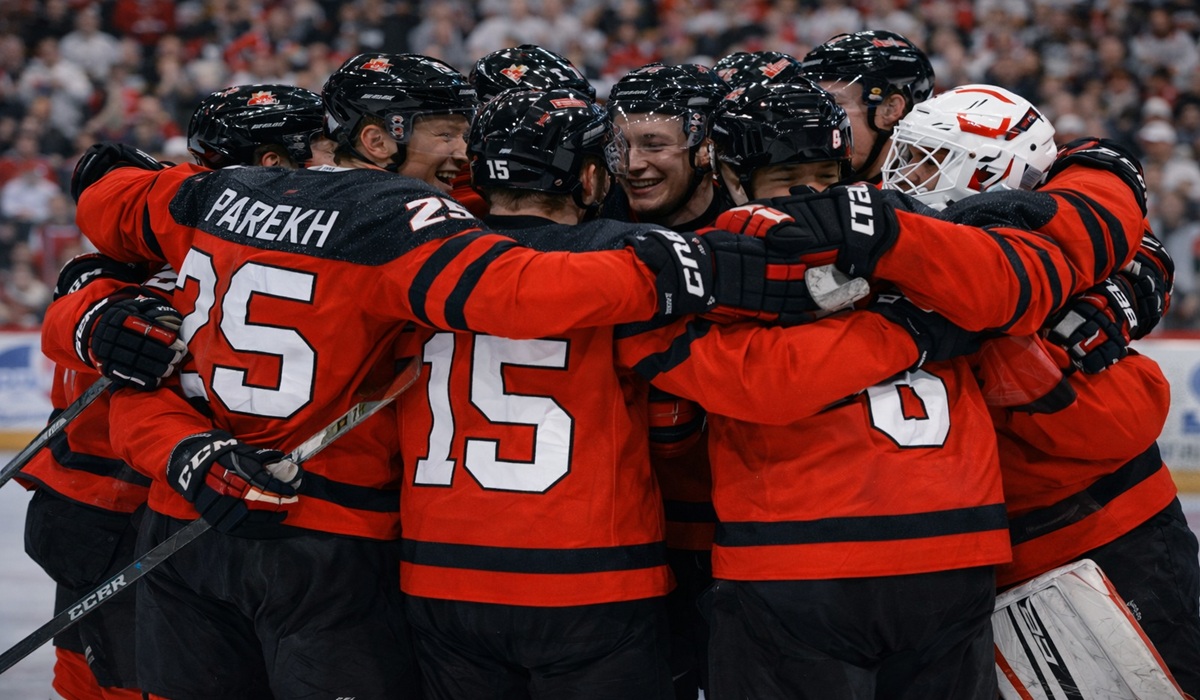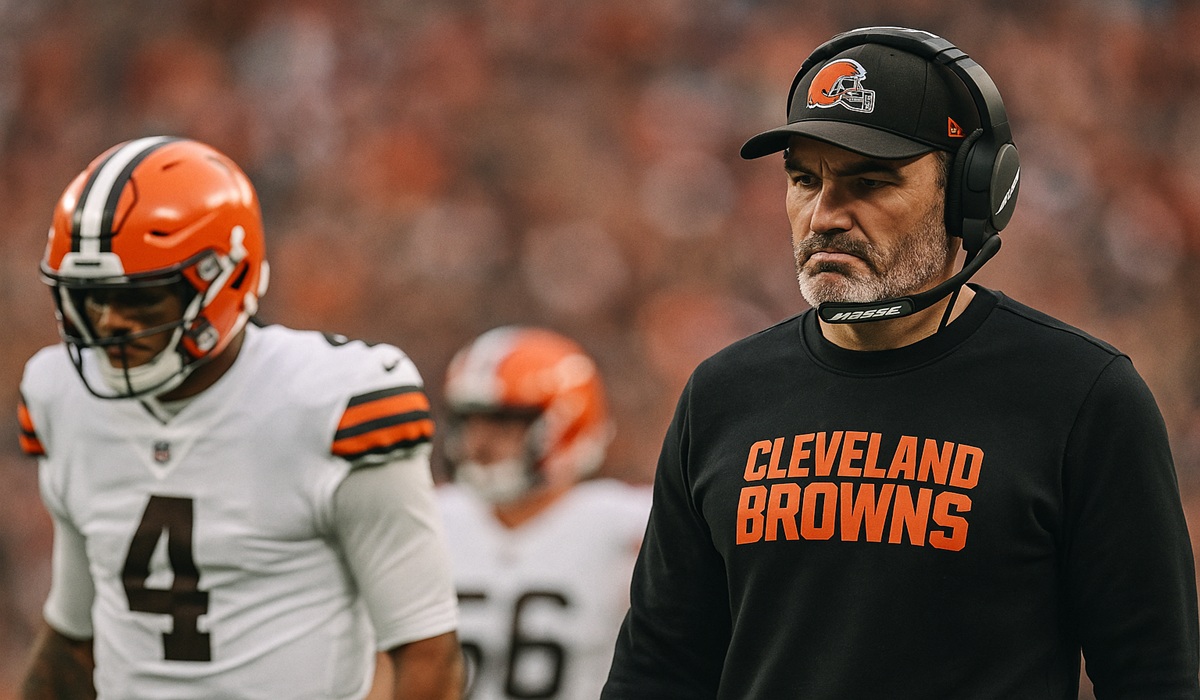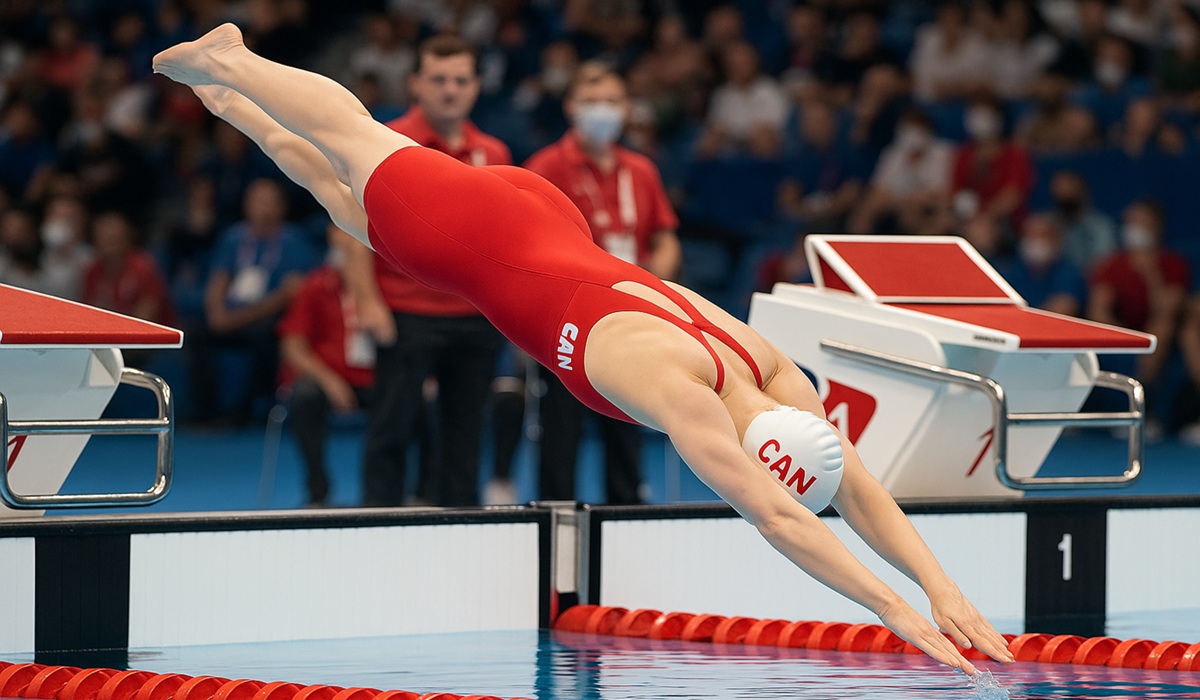Not Guilty: World Junior Acquittal Sparks National Debate on Consent and Credibility
- Ingrid Jones
- Sports
- July 25, 2025

Image Credit, LuckyLife11
In a courtroom in London, Ontario, five former members of Canada’s 2018 World Junior hockey team were acquitted of sexual assault charges in a case that has consumed public attention and haunted Hockey Canada’s reputation for years. Michael McLeod, Carter Hart, Alex Formenton, Dillon Dubé, and Cal Foote were cleared of all charges after Ontario Superior Court Justice Maria Carroccia ruled that the Crown had failed to prove non-consensual sexual activity beyond a reasonable doubt.
The case centered around an alleged group sexual assault involving a woman identified in court as “E.M.” following a Hockey Canada gala event. It had long cast a shadow over the players’ careers and reputations, frozen their professional trajectories, and triggered a national reckoning over how institutions respond to allegations of sexual violence.
In her judgment, Justice Carroccia made clear that the central issue was the reliability of the complainant’s testimony. “Having found that I cannot rely upon the evidence of E.M. and then considering the evidence in this trial as a whole, I conclude that the Crown cannot meet its onus on any of the counts before me,” she stated. Her conclusion effectively meant that the prosecution’s case collapsed under the weight of doubt—not because the events didn’t happen, but because they could not be legally proven.
This distinction is critical. Acquittal in a criminal trial does not mean that the events described did not occur—it means that the state failed to prove them beyond a reasonable doubt. The judge emphasized that the inconsistencies and credibility issues in the complainant’s statements made it impossible to convict. The accused, represented by separate legal teams, maintained their innocence throughout the proceedings and have now been fully cleared in the eyes of the law.
The legal outcome, however, offers little resolution for a public still reckoning with the meaning of consent, justice, and institutional responsibility. The complainant’s lawyer described her as devastated by the verdict, stating that she “has never experienced not being believed like this.” For her, and for many who have followed the case closely, the decision feels less like closure and more like another reminder of how difficult it is to prove sexual assault in a court of law—especially when the burden of proof is so high and credibility is under such intense scrutiny.
For the players, the verdict marks the end of a years-long legal ordeal. Though they have now been acquitted, the damage to their public image and professional futures may not be so easily repaired. The NHL, which had previously ruled them ineligible to participate pending the outcome of the trial, has not yet announced whether they will be reinstated. Teams and sponsors may still hesitate, even in the absence of a conviction.
Hockey Canada, meanwhile, remains in the midst of a reputational crisis. This trial was not just about five individuals; it became symbolic of an organizational culture long accused of secrecy, impunity, and systemic failures. The scandal broke open in 2022 when it was revealed that Hockey Canada had used a reserve fund, financed in part by player registration fees, to settle sexual misconduct claims—raising questions about transparency and accountability. Since then, top executives have resigned, federal funding was temporarily suspended, and the organization has promised sweeping reforms. Yet for many Canadians, the stain remains.
The verdict may bring legal finality, but it does little to repair public trust or address the deeper cultural questions that have emerged in its wake. Victims of sexual violence, advocacy groups, and legal experts continue to call for a more survivor-centric approach to justice—one that understands how trauma affects memory, how power dynamics complicate consent, and how the criminal system often fails those it claims to protect.
Ultimately, this case was about more than just a night in a hotel room. It was about the collision between sport and power, between law and belief, between the need for accountability and the limits of the justice system. The acquittal may close one chapter, but the conversation it sparked—about consent, credibility, and institutional integrity—is far from over.








